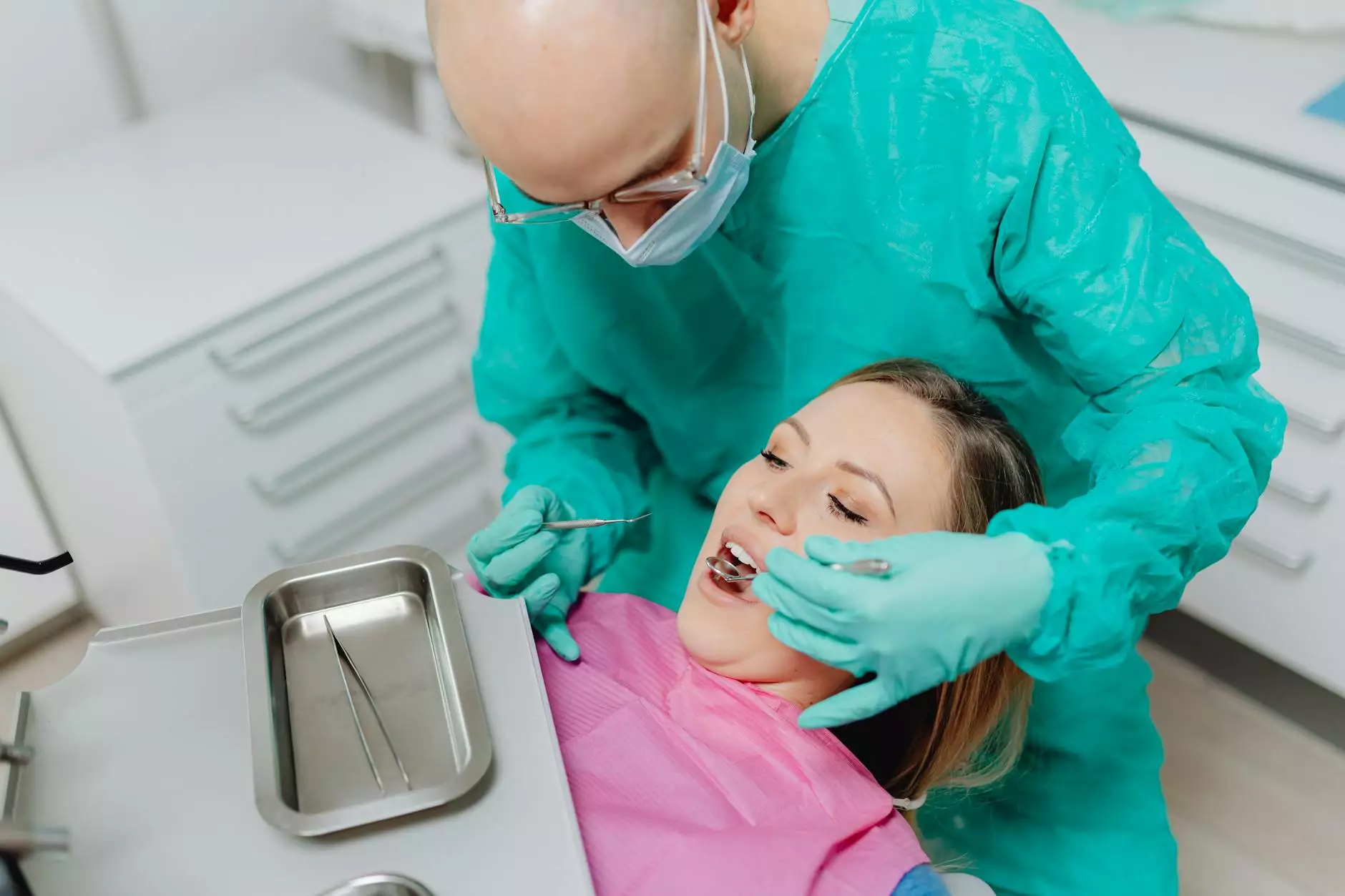The Benefits of Joining a Professional Counseling Group

In the fast-paced world we live in today, more people than ever are seeking ways to manage their mental health and emotional well-being. A professional counseling group can be a transformative solution, offering not only guidance from licensed therapists but also a supportive community where individuals can share their experiences and learn from one another. This article explores the myriad benefits of joining such a group, and how it can positively impact your life.
Understanding Professional Counseling Groups
A professional counseling group is a collective of individuals who come together, guided by a licensed mental health professional, to discuss their challenges, feelings, and experiences. These groups can focus on specific issues, such as anxiety, depression, grief, addiction, or relationship challenges, and can be an essential resource for those looking to improve their mental health.
Types of Counseling Groups
- Support Groups: These provide emotional support and encouragement for people dealing with specific issues.
- Process Groups: Focus on interpersonal relationships and the way individuals interact within a group setting.
- Skill-Building Groups: Teach participants coping skills and techniques to manage their emotions and challenges more effectively.
- Educational Groups: Provide information about mental health conditions, fostering greater understanding and awareness.
The Psychological Benefits of Joining a Professional Counseling Group
Participating in a professional counseling group can lead to significant psychological benefits. Here are some key advantages:
1. Sense of Belonging and Community
Joining a counseling group allows individuals to connect with others who share similar experiences. This sense of belonging can alleviate feelings of isolation and loneliness. Members often find comfort in realizing they are not alone in their struggles, promoting a shared sense of empathy and support.
2. Emotional Support and Validation
In a professional counseling group, members have the opportunity to express their feelings and emotions in a safe environment. Sharing personal stories and receiving feedback from peers can provide much-needed validation and support. Knowing that others understand and resonate with your experiences fosters a healing atmosphere.
3. Enhanced Coping Strategies
Groups often employ skilled therapists who can guide discussions and facilitate skill-building exercises. Participants can learn practical coping strategies that they can apply in daily life. These strategies may include mindfulness techniques, cognitive-behavioral exercises, or other therapeutic approaches aimed at enhancing emotional regulation.
4. Perspective Shift
Hearing different perspectives can significantly shift how individuals view their challenges. Group members often provide insights that one might not have considered. This sharing of ideas can lead to new approaches to old problems, encouraging personal growth and resilience.
Building Relationships and Social Skills
Many individuals seeking counseling may struggle with social interactions and relationships due to their mental health challenges. Joining a professional counseling group can serve as a platform for developing and enhancing these skills.
1. Improved Communication Skills
Participating in group discussions requires individuals to articulate their thoughts and feelings. This practice leads to improved communication skills, which are vital for building healthy relationships outside the group.
2. Conflict Resolution
Interacting within a group can sometimes lead to misunderstandings or conflicts. However, these situations provide opportunities to practice conflict resolution skills. Learning how to navigate disagreements in a supportive setting builds the confidence to handle similar situations in everyday life.
3. Relationship Building
The bonds formed in a professional counseling group can lead to lasting friendships. Members who connect on a deeper level can provide each other with ongoing support outside the confines of the session, fostering a robust support network that benefits all involved.
Professional Guidance and Structure
One of the most significant advantages of a professional counseling group is the presence of licensed professionals who guide the sessions. Their expertise adds a level of credibility and structure to the process.
1. Expert Facilitation
Trained therapists facilitate discussions, ensuring that they remain constructive and focused. They can provide insights, challenge negative thought patterns, and encourage healthy expression of emotions, all while keeping the group dynamic supportive and safe.
2. Goal Setting and Accountability
Group therapy often focuses on setting personal goals and holding members accountable. This structured approach can help individuals track their progress, stay motivated, and maintain a commitment to their mental health journey.
Accessibility and Affordability
For many, therapy can be prohibitively expensive. Professional counseling groups often offer a more cost-effective solution compared to individual therapy. Group sessions are generally less expensive due to the shared nature of the experience, making mental health support more accessible to a broader audience.
1. Reduced Cost
With shared facilitation costs among the members, group therapy can be an affordable alternative for those seeking professional guidance without the financial strain of one-on-one sessions.
2. Increased Access
Group therapy can also be more readily available than individual therapy, with many practitioners offering multiple groups throughout the week to accommodate varying schedules. This increased access allows individuals to prioritize their mental health without significant upheaval in their daily lives.
When to Seek a Professional Counseling Group
Recognizing when to seek help is a critical step in the mental health journey. Here are some signs that joining a professional counseling group may be beneficial:
- Feeling isolated or alone in your struggles.
- Experiencing overwhelming emotions that are challenging to manage alone.
- Seeking to enhance your coping skills or emotional resilience.
- Looking for accountability and support from peers who understand your situation.
- Wanting to learn and grow from shared experiences.
How to Find the Right Professional Counseling Group
If you believe a professional counseling group could be helpful, consider the following steps for finding the right fit:
1. Research Local Options
Start by researching local counseling centers or practices that offer group therapy. Websites like mindcareneuroscience.com.au can provide information on available groups and their focus areas.
2. Consider Your Goals
Identify what you hope to achieve by joining a group. Different groups focus on different issues, so aligning your goals with the group's purpose is vital for maximizing your experience.
3. Attend Introductory Sessions
Many counseling groups offer introductory sessions that allow you to experience the format and connect with potential group members. Take advantage of these sessions to assess whether the group's dynamics feel comfortable and supportive.
Conclusion
In conclusion, a professional counseling group offers a unique and powerful avenue for improving mental health and emotional well-being. The benefits of connecting with others, receiving professional guidance, and acquiring valuable coping skills cannot be overstated. If you find yourself struggling with life's challenges, consider reaching out to a professional counseling group as a proactive step toward healing and personal growth.
By prioritizing your mental health and exploring the supportive resource of a professional counseling group, you take a crucial step in enhancing both your emotional resilience and overall quality of life.









